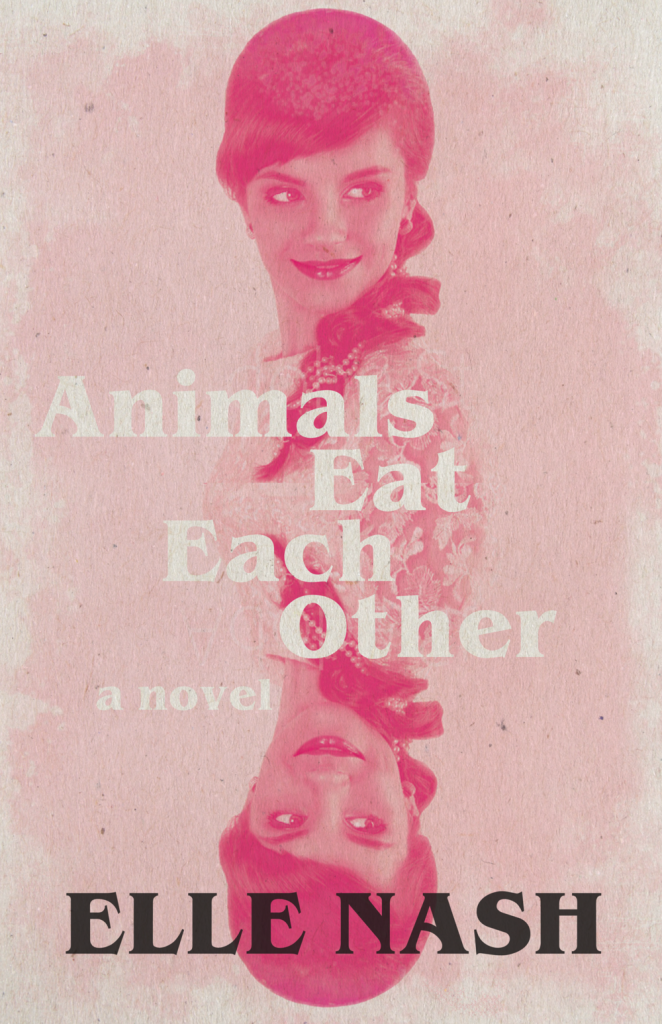
(Dzanc Books, 2018)
REVIEW BY MANDY SHUNNARAH
__
Frankie, a young mother. Matt, a Satanist tattoo artist. And a girl with no name but the one they give her: Lilith.
In mythology, Lilith is a she-monster, a demon in the night, a wanton woman on a mission to seduce men, and a stealer of babies when she’s not giving birth to ghostly children of her own. Yet, in folk Judaism, Lilith is Adam’s first wife––before Eve was fashioned from Adam’s rib––who left him after rejecting the tight trappings of obedience. She was not created from Adam, but as his equal.
Thus sets the stage for Elle Nash’s debut novel, Animals Eat Each Other, fresh off the press at Dzanc Books. The nameless protagonist accepts the role of third wheel in a friction-filled three-way relationship with Frankie and her boyfriend Matt. Her presence in the relationship strains Matt and Frankie in ways they thought they were able to endure, but the jealousy and manic infatuation they each feel for Lilith in turns is a danger to all involved.
It would be too simplistic an explanation to say the protagonist doesn’t love herself, though there is a reason why she so willingly gives up her own name––one the reader never learns––and readily adopts the name Frankie and Matt give her, taking on the persona of Lilith as if embodying the name and letting the name fill her to its edges like water fills a tub. She physically becomes this person they want her to be. Lilith loses herself, or what little self she is allowed to develop between her emotionally absent mother and Matt and Frankie’s predation on her. In her effort to fit into a family unit, she succumbs to their ever-changing whims and adapts her personality to please them.
As I read the novel, it occurred to me that how you interpret Animals Eat Each Other says more about you as the reader than about the book itself. The case can be made that Lilith brings her troubles upon herself (through her pursuit of sexually available but emotionally unavailable male partners, through her pursuit of emotionally available female partners that she herself is emotionally unavailable with, through her copious drug and alcohol use and unwillingness to consider a future beyond the next instant gratification) but to follow that line of questioning is to neglect to ask why Matt and Frankie manipulate her and prey on her vulnerability.
They shame Lilith for being intelligent and graduating high school with a 4.0 GPA. Frankie cajoles her into putting on a dog collar and walking around Walmart while Frankie yanks the leash. Matt convinces her to let him give her an at-home, freehand tattoo even though we’re made to believe his skills (much less the cleanliness of his equipment) are subpar. Despite them demanding her attention and body and time, they impose rigid rules on their sex and family life to keep her at bay. They are bewildered and angered by her attempts to draw closer.
Because the novel is from Lilith’s perspective, the reader might wonder why she does what she does, appearing on the surface to court trouble and bring the ill she endures upon herself, when in fact it’s Matt and Frankie whose forces are acted upon her. They are the ones owing an explanation and who should be called upon to answer for themselves. However, that would imply logic to their actions and abuse––whether emotional or otherwise––so rarely follows an objectively logical thought pattern.
The crux is that Lilith is self-aware enough to know that she can do better than Matt, but in her desperate need for acceptance and to be a part of a family unit, she’s willing to accept his mediocrity and even finds the idea of being able to woo him away from Frankie thrilling. Like many women whom our patriarchal society has led to believe are incomplete without the establishment or pursuit of a heterosexual romantic relationship, she is pressured to accepted this man’s mediocrity and is expected to suppress herself to be with him. As Lilith learns, if you don’t know who you are yet, you can be anyone. But that leaves you susceptible to being molded to fit forms you don’t want to fill.
Lilith knows when she’s been made into a caricature of herself for Matt and Frankie’s pleasure, like when she’s faking orgasms and when she’s pretending to be interested in Matt’s discussions of Satanism just to be the sole recipient of his attention for a few moments. Lilith goes along with what Matt and Frankie want and she knows they’re using her and manipulating her, but she doesn’t seem to mind––even though she’s conscious of how wrong their treatment of her is. It makes the reader wonder, what’s she getting out of this? Is avoiding figuring out her future and making decisions for herself really worth all this? How much of herself is she willing to give up?
Lilith’s relationships with other people––whether sexual or platonic––are often transactional, focused on what she can get from them or what they can do for her. Like Patrick, who Lilith uses to gain information on Matt, looking for vulnerabilities in their relationship that she can exploit to lure him away from Frankie. And Sam, Lilith’s boss, who she only wants when she needs sex or attention.
Lilith exploits the other people in her life yet with Matt and Francis she’s caught in her own trap. When she’s manipulating others, Lilith carries an air of being “of the people and above the people” simultaneously––a braggadocio that comes from being smart enough to lie with ease while not being afraid embark on a new sexual conquest as a means of elevating herself above her friends, even if the conquest is not one she cares about objectively in the absence of the thrill of the chase.
In the end, Lilith is dealt a taste of her own medicine. Having isolated herself from nearly everyone who cared for her, she’s left without a support system or plan for the future when Frankie brutally dumps Lilith on the couple’s behalf and forces Matt to go along with it or risk losing Frankie and their child.
While this is a fitting ending, the karmic revenge isn’t as satisfying as one might anticipate. Not because Nash’s writing doesn’t do the scene justice––it does––but because it shows that no one wins when we’re not honest with ourselves and about ourselves. No one wins when a woman puts an abusive man at the center of her life, especially at the demise of nearly all others in her circle. To blame Lilith as the sole cause of the novel’s turmoil is to exonerate the men who are not merely complacent in the destruction of these relationships (between friends as well as romantic partners) but enthusiastic instigators of the drama.
There is nary a character without fault, but our protagonist’s failure to be above reproach should not make her the only party in need of absolution. Lilith is not a witch to be burned at the stake; she’s a pawn in patriarchy’s game that shames women for their voracious sexual appetites while rewarding or ignoring men’s.
Unlike the protagonists in most novels, Lilith hardly changes throughout the book, but by the end, you get the sense that it’s possible she might:
Maybe I was the wrong type of woman, the type that did not deserve to be treated with such tenderness but with the full force of sexualized violence, or a violence that men reserved for other men. I enjoyed so much of the choking, the roughness between us, the bending myself to please him, but also considered that I did not like myself. I could not decide if the two situations, my hate for myself and my desire for pain, were related. To be equal with others you have to add or subtract from yourself, and I found myself unable to do either.
Like many situations that arise as a result of inhabiting a woman’s body, she finds that regardless of what she chooses or if she’s unable to choose, she’s trapped in the “damned if you do, damned if you don’t” dichotomy.
—
Mandy Shunnarah is an Alabama-born writer now living in Columbus, Ohio. Her essays, poems, and book reviews have been published in or are forthcoming from The Citron Review, Barely South Review, Entropy Magazine, Southern Women’s Review, The Missing Slate, New Southerner Magazine, and Deep South Magazine. Read more on her website offthebeatenshelf.com.
![[PANK]](https://pankmagazine.com/wp-content/themes/pank/assets/images/pank-logo-large.png)

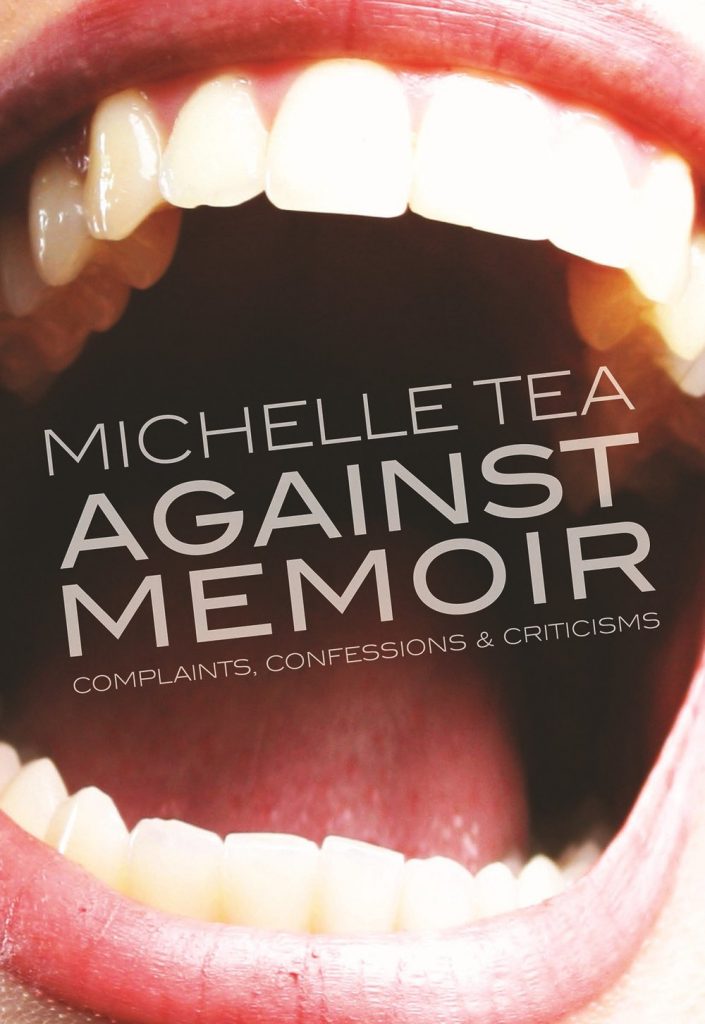
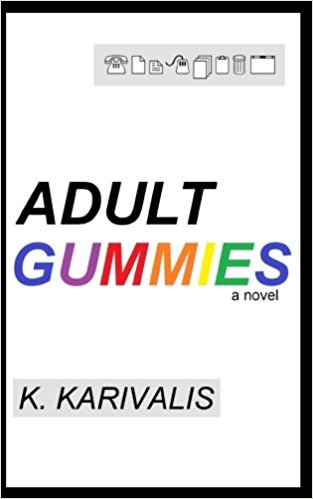
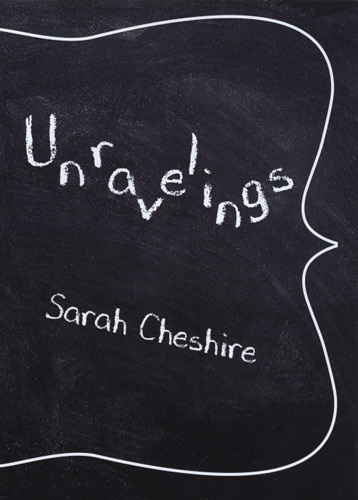
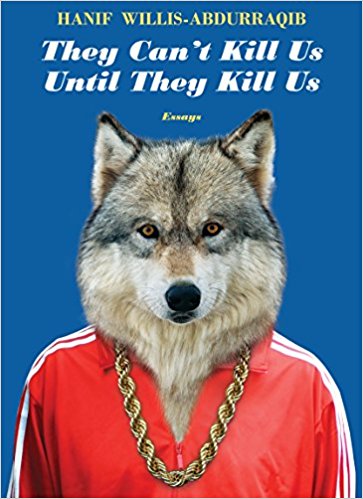
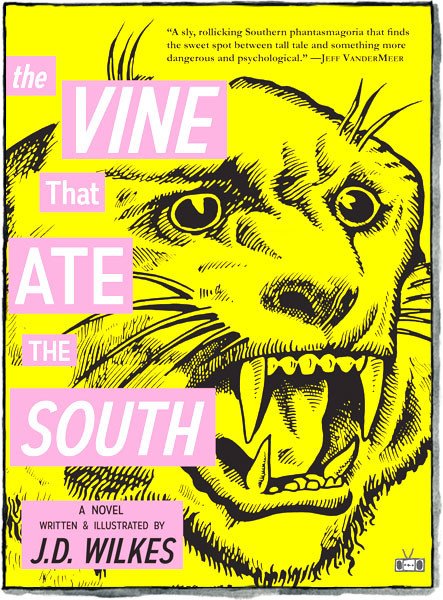 If you grew up in the rural South, you’ve probably heard tales of big cats, vampires, the Bell Witch, flesh-eating kudzu, and other terrors that go bump in the night. You may have even encountered some yourself, though probably not all in a single outing. Unfortunately for the protagonist of The Vine That Ate the South––and fortunately for us––he did.
If you grew up in the rural South, you’ve probably heard tales of big cats, vampires, the Bell Witch, flesh-eating kudzu, and other terrors that go bump in the night. You may have even encountered some yourself, though probably not all in a single outing. Unfortunately for the protagonist of The Vine That Ate the South––and fortunately for us––he did.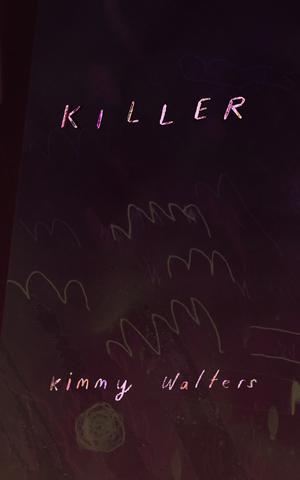 Whether she’s writing about the endless curiosity of the body, the challenges that accompany being a feminist who isn’t afraid to defend her autonomy, the humor of living in a semi-rural area, or the wisdom of dogs, Kimmy Walters will delight you.
Whether she’s writing about the endless curiosity of the body, the challenges that accompany being a feminist who isn’t afraid to defend her autonomy, the humor of living in a semi-rural area, or the wisdom of dogs, Kimmy Walters will delight you.